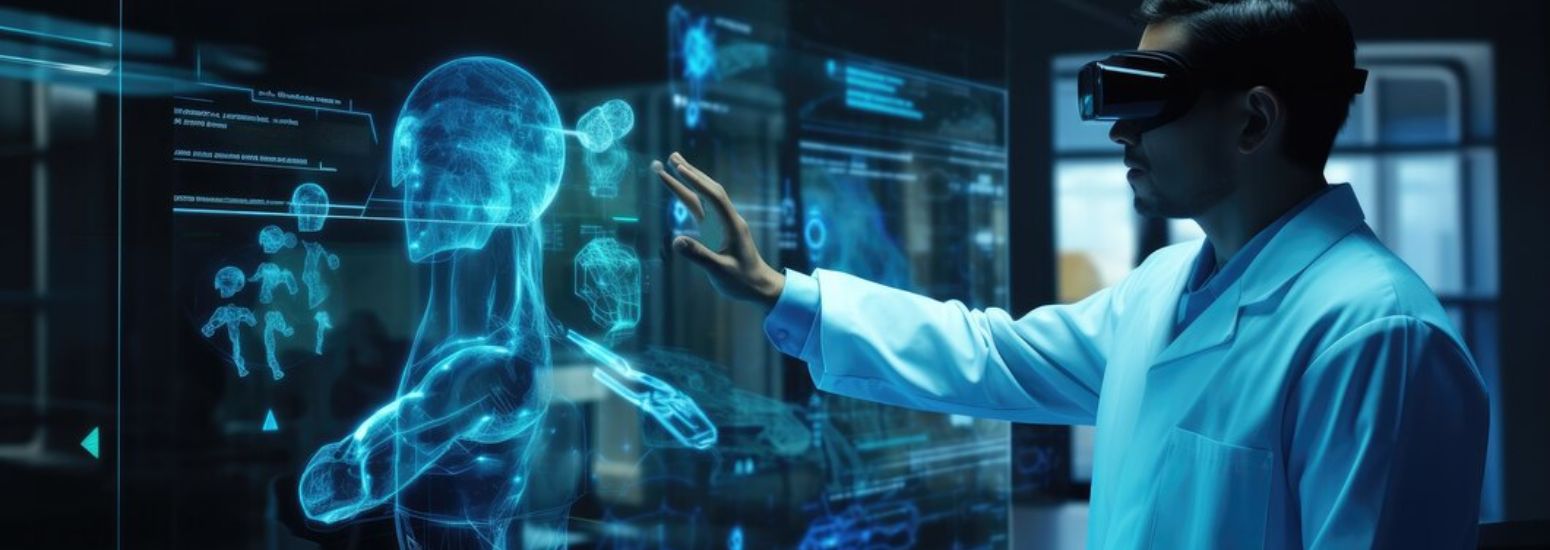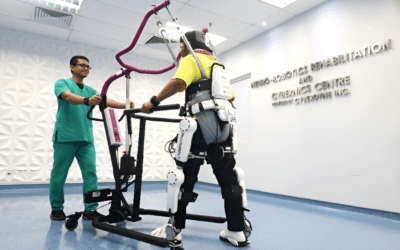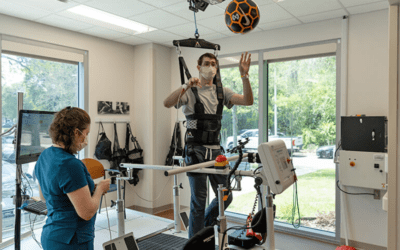Neuromodulation is the name given to different medical procedures that can change the activity in the brain by directly stimulating it in several ways. It aims to help improve symptoms of mental illness (such as depression) by changing how some areas of the brain are working.
It helps correct abnormal communication between the parts of the brain that regulate moods, thoughts, and behaviours.
Neuromodulation is a series of techniques that act directly on your nervous system. By changing how your nerves carry information to and from the brain, we can decrease pain and increase mobility. The Centre for Neuromodulation uses electrical currents and medications to treat nervous system problems.
Neuromodulation for Mental Health:

The management of patients with mental disorders consists of drug therapy and/or psychotherapy. But, in some patients, these treatment modalities do not produce sufficient therapeutic effects or induce intolerable side effects.
For such patients, Neuromodulation has been suggested as a potential treatment modality. Neuromodulation includes deep brain stimulation, vagal nerve stimulation, and transcranial magnetic and electrical stimulation.
- Treatments such as electroconvulsive therapy (ECT) and surgery to change the brain networks that underlie mood disorders have come a long way.
- Neuromodulation has become a safe and effective form of therapy for mental health conditions.
- Modern techniques include Vagus Nerve Stimulation and non-invasive procedures such as transcranial magnetic stimulation (TMS).
- History of Neuromodulation, looks at new developments in the field and considers possible future directions.
Advances in technology have provided a more sophisticated understanding of the neural circuitry of disorders of mood, thought, and behaviour, as well as more nuanced ways of interacting with and modulating these circuits.
- Deep Brain Stimulation(DBS):
Unlike other surgical options, an advantage of DBS is that it is reversible and does not cause permanent damage to any part of the brain. Deep brain stimulation (DBS) is a surgical procedure that involves implanting electrodes in the brain, which deliver electrical impulses that block or change the abnormal activity that causes symptoms…
The deep brain stimulation system

- The thin insulated wire called leads, that end in electrodes that are implanted in the brain.
- A small pacemaker-like device called a pulse generator creates the electrical pulses.
- Extension leads that carry electrical pulses from the device and are attached to the leads implanted in the brain.
- Hand-held programmer device that adjusts the device’s signals and can turn the device off and on
- Vagus Nerve Stimulation(VNS):
About one-third of people with epilepsy don’t fully respond to anti-seizure drugs. Vagus nerve stimulation may be an option to reduce the frequency of seizures in people who haven’t achieved control with medications. It may also be helpful for people who haven’t responded to intensive depression treatments, such as antidepressant medications, psychological counselling (psychotherapy), and electroconvulsive therapy (ECT).
- Transcranial Magnetic Stimulation(TMS):
Transcranial magnetic stimulation is a procedure that uses magnetic fields to stimulate nerve cells in the brain to improve symptoms of major depression. It’s called a “non-invasive” procedure because it’s done without using surgery or cutting the skin.
Neuromodulation induces a greater level of plasticity which can then be steered in a desired direction by applying other external stimuli.
In conclusion…Neuromodulation and mental health have a strong interconnection…
DBS, VNS, and TMS can benefit individuals with a variety of mental conditions, significantly improving clinical dimensions.
So, connect with us at www.rehabmodalities.com to learn more about our rehabilitation therapy.
To know more write to us: info@rehabmodalities.com



